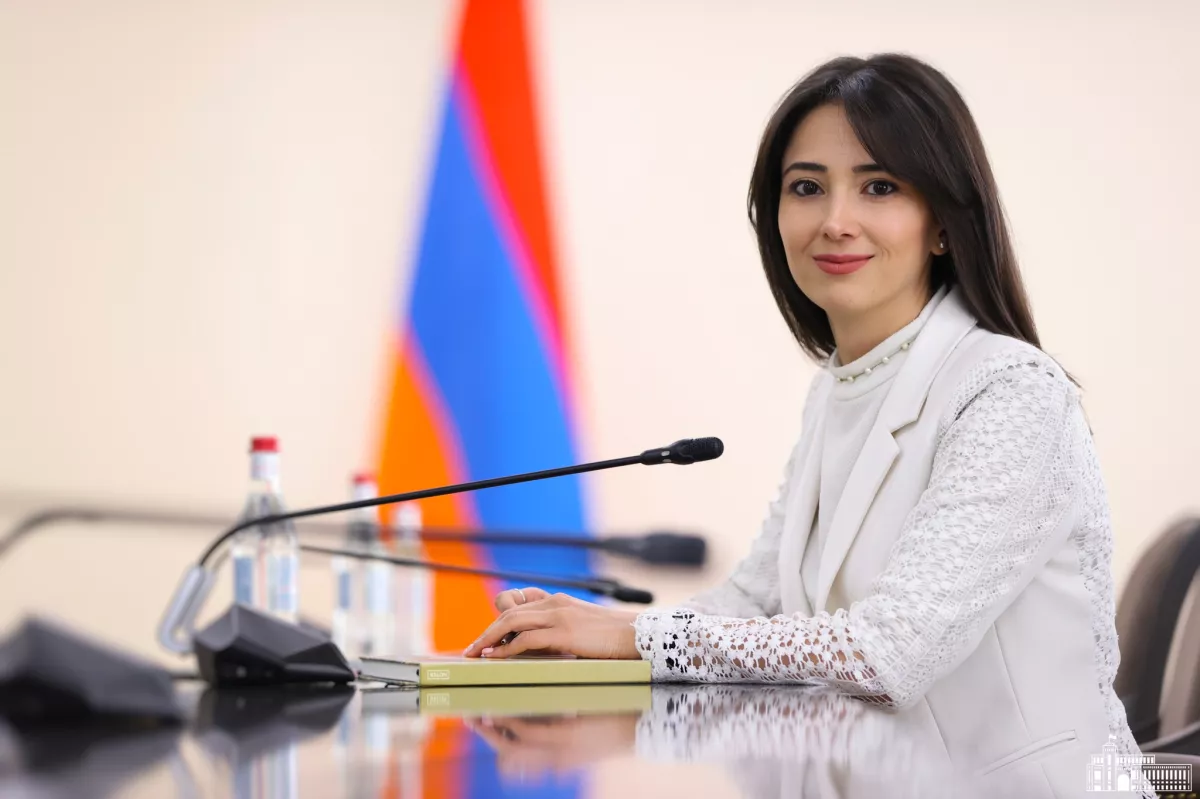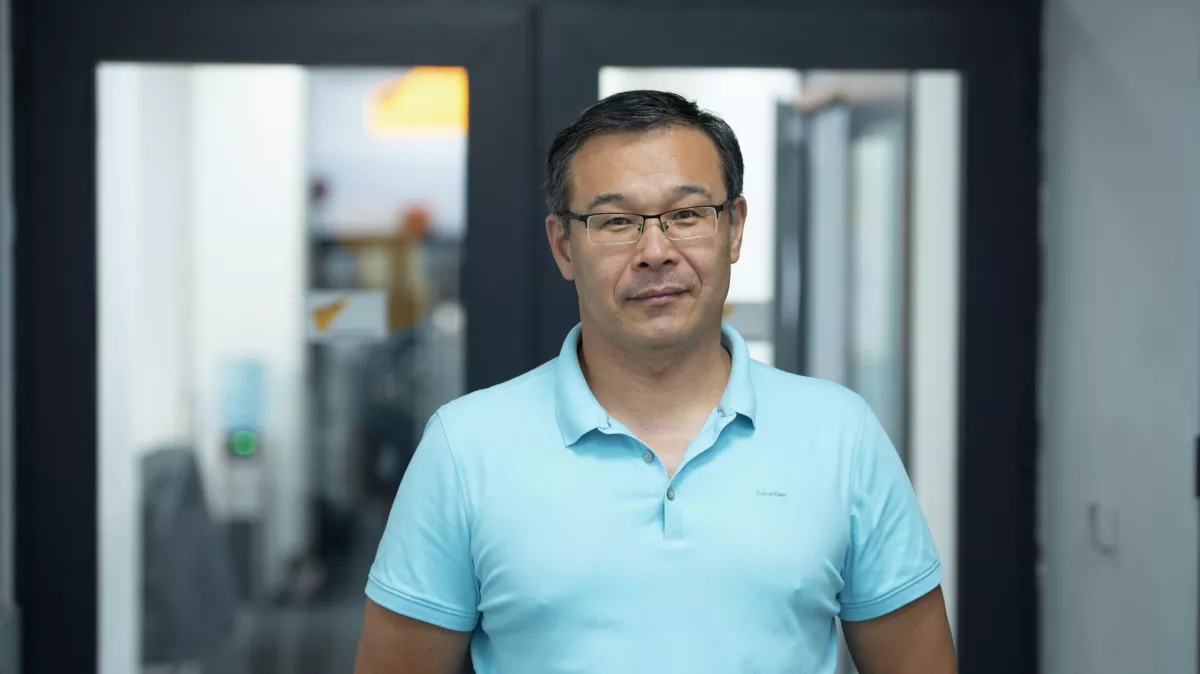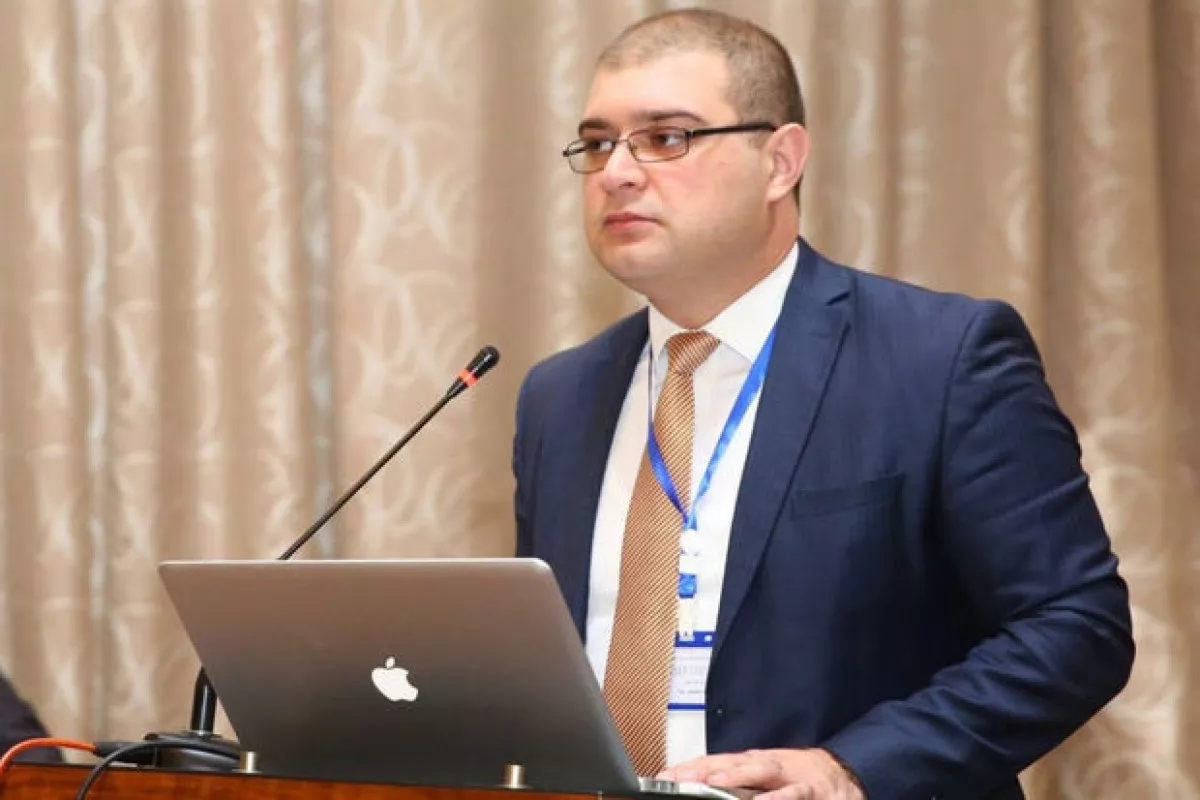Armenia’s foreign policy lottery Expert opinions on Caliber.Az
Armenia has expressed its desire to become a member of the Shanghai Cooperation Organisation (SCO). This was announced by the spokesperson of the Armenian Foreign Ministry, Ani Badalyan.

“Sharing the founding principles of the Shanghai Cooperation Organisation, namely territorial integrity, non-use of force and inviolability of borders, the Republic of Armenia has expressed desire to become a member of SCO,” the statement reads.
This is yet another in a series of news that raises surprise regarding Yerevan’s foreign policy priorities. At times, the Armenian leadership damages relations with Russia, freezes its membership in the Collective Security Treaty Organisation (CSTO), then Pashinyan travels to Moscow for the May 9 parade. Then pro-Western rhetoric emerges, the head of EU diplomacy, Kaja Kallas, visits Yerevan, invitations come to move towards integration with the European Union — and suddenly the Armenian Foreign Ministry announces hopes to join the SCO. Meanwhile, the organisation consists of countries that, to put it mildly, do not welcome a clearly pro-European course.
How is all this to be understood? What guides Pashinyan and his team? Whom are they trying to mislead? What are the true foreign policy goals of official Yerevan?
Well-known experts shared their assessments of the situation with Caliber.Az.

Sheradil Baktygulov, Director of the Institute of World Politics (Bishkek), compares Yerevan’s statement about its aspiration to join the SCO to the saying: "A drowning man will clutch at a straw."
“Let us recall that Armenia passed a law on joining the European Union. However, this document holds no significance for the EU itself — such an option is not provided for in the EU’s procedures. Amid the confrontation between Prime Minister Pashinyan and his team and the new opposition represented by religious figures, there was a need to create a loud informational occasion capable of distracting public attention.
Statements like these allow one to track the reactions of both the internal audience, including the opposition, and external players. The adoption of the aforementioned law did not provoke the slightest reaction from EU countries or European officials,” the expert reminds.
According to him, the situation is the same with the initiative to join the SCO.
“One of the key principles of the SCO is mutual trust. And it will be extremely difficult for the member states to build trusting relations with the current Armenian leadership. In fact, reaching a consensus on the country’s admission to the SCO is almost impossible. Most likely, the best Armenia can hope for is observer status, like Afghanistan.
The Armenian Foreign Ministry is well aware of this, yet it still makes such statements. For what purpose? One might try to explain it as a ‘cunning strategy,’ but together with other initiatives and against the backdrop of a prolonged internal political crisis, all this points to a serious crisis in Armenian foreign policy as well. The defeat in the Second Karabakh War has plunged Armenian society into a state of political prostration. The leadership tries to shift responsibility for its own mistakes onto Russia and other partners, claiming they were ‘bad allies’ and did not help.
In conditions of instability, loud statements are needed to distract the attention of both internal and external observers. The behaviour of the current Armenian leadership resembles: ‘one step forward, two steps back, three steps left, four steps right.’ Whatever explanations are given in support of such zigzags, the conclusion is one: it is extremely difficult to trust such a partner,” Baktygulov concluded.

Ahmad Alili, Director of the Caucasus Centre for Political Analysis, in turn, noted that Pashinyan’s team is entering a decisive political stage.
“The coming year promises to be extremely tense — until the summer elections in Armenia. In fact, the election campaign has already begun in the country.
All steps taken today should be viewed in the context of this race. Manoeuvres in relations with Türkiye, Russia, China, and international organisations also need to be considered from this perspective.
Pashinyan, apparently, is trying to copy Azerbaijan’s foreign policy. He is also attempting to demonstrate balance. Wherever Azerbaijan participates, Pashinyan wants to be present on the same platforms. This largely explains Yerevan’s actions,” the analyst believes.
In his opinion, Armenia’s current drive to get closer to the SCO and China is linked to the weakening of Russia’s position in the post-Soviet space.
“Many remember the events in Kazakhstan in January 2022, when Russia, taking advantage of Kazakhstan’s appeal to the CSTO, tried to secure its presence on Kazakh territory.
It is believed that the successful resolution of the crisis was largely made possible thanks to Beijing, which made it clear to Moscow that it was interested in stability in Kazakhstan. As a result, Russian troops were withdrawn.
In this context, rapprochement with China through the SCO appears to Pashinyan as an important element to strengthen his position in regional politics,” Alili concluded.








